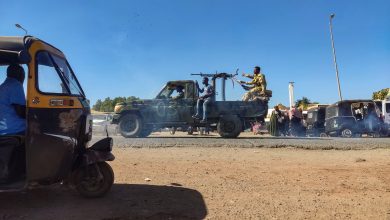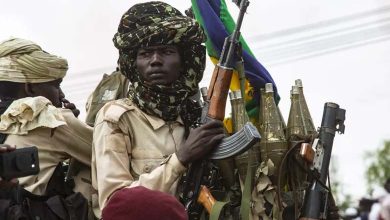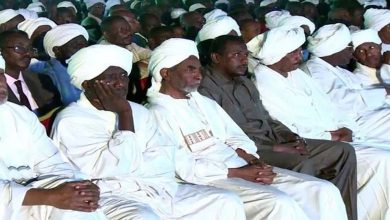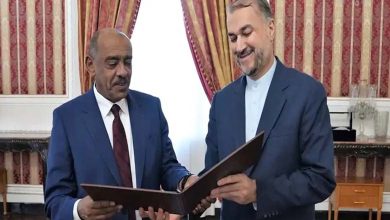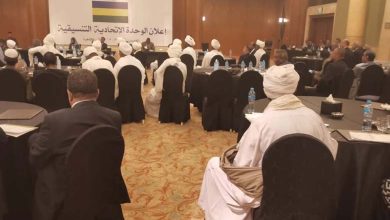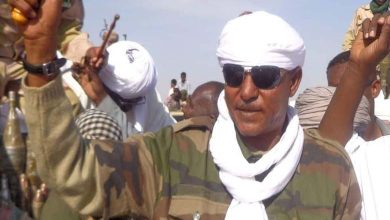Why Is Iran Intervening in the Sudanese Civil War?
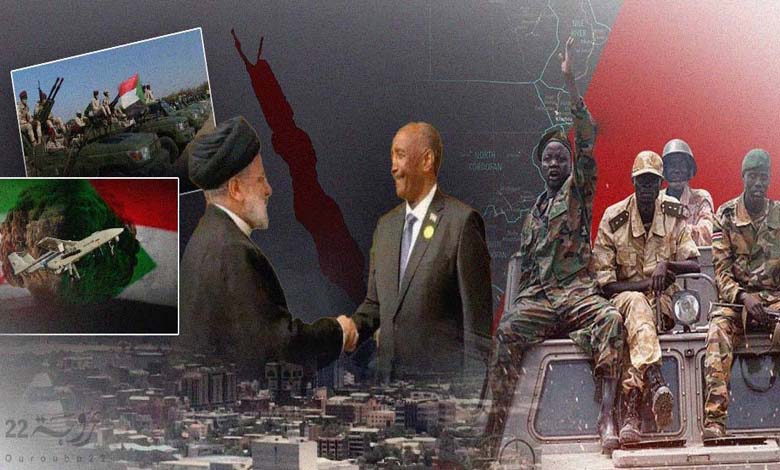
Iran is on the verge of losing its ally Hamas, which Israel seeks to defeat. But is it also on the brink of gaining a new partner, Sudan, on the western side of the Red Sea?
Back to Sudan we go. For decades, the country has witnessed civil war and famine, sparked by religious conflicts and power struggles between the center and periphery, reaching its peak twenty years ago in the government’s campaign of massacres against African ethnic groups in the rebel region of Darfur.
There was a brief moment of hope in 2018-2022 when Sudanese took to the streets to overthrow the military government of General Omar al-Bashir, backed by international Islamists, including the Muslim Brotherhood. In October 2020, the transitional government (though not legitimate) signed a normalization agreement with Israel. Since then, hopes for a peaceful transition to democracy have been dashed.
In April 2023, Sudan reverted to its bloody past, becoming embroiled in a new civil war – one that could lead to a new man-made famine. Sudan’s population is 49 million, and already 10 million have been displaced. Malaria is on the rise. The warring parties hinder international aid.
The two rival factions enjoy an interesting array of international support. The Sudanese Armed Forces, led by Abdel Fattah al-Burhan, have historical institutional links with their Egyptian military counterparts and longstanding ties with international Islamists; the Sudanese Armed Forces serve as cover for the Muslim Brotherhood.
Iran is back in the fray, having supported Omar al-Bashir‘s government for decades until his ouster in 2018; Sudan was used as a conduit for smuggling Iranian arms to the Islamic Jihad Movement in Palestine during the current civil war, and Iran offered advanced weaponry to the Sudanese Armed Forces in exchange for allowing an Iranian naval base on the Sudanese coast of the Red Sea, according to reports.
General al-Burhan initially rejected Iranian aid offers, not wanting to incur the wrath of the U.S. government. But Hemeti has recently scored victories, seizing control in December 2023 of the White Nile region in Sudan and “the breadbasket” of the country, as well as parts of Khartoum.
According to Iranian sources, the Sudanese army began deploying Iranian-made military drones in January and used them to retake the city of Omdurman in March.
Furthermore, any state using Iranian drones is its proxy. For example, the Houthi militias and Hezbollah.
What are the United States doing about Iran’s new role?
U.S. Ambassador to the United Nations Linda Thomas-Greenfield says she has encouraged other regional countries to refrain from supporting either side in Sudan and to encourage Iran not to get involved.
But on the humanitarian front, U.S. officials are sounding the alarm. Tom Perriello, U.S. Special Envoy for Sudan, told the Senate Foreign Relations Committee, “The default trajectory is toward famine, a state increasingly divided into factions that attract regional actors and result in massive and untenable human costs. Due to conflict, crop destruction, food shortages, and aid blockages, nearly 80 million people [across East Africa] are now facing food insecurity.
The United States cannot remain indifferent to this Iranian violation. Iran employs pragmatic tactics to achieve extremist goals. It collaborates with a competing Shiite sect (the Zaydis) in Yemen, and with the extremist Sunni branch of the Muslim Brotherhood in Gaza (while the Syrian regime helps destroy others). It is driven more by Iranian national interests than Shiite religious zeal. Building a Muslim Brotherhood movement in Sudan could bolster Iran’s anti-Western goal.
For humanitarian and strategic reasons, the United States cannot remain aloof from this civil war. Sudan is on the Red Sea coast, facing Yemen, where Tehran has funded and armed the Houthis in their fierce conflict against Saudi Arabia and the West. Sudan was once a haven for terrorists. Allowing al-Burhan to prevail risks the return of Iranian influence and Islamic terrorism.
Sudan is not just in trouble. It’s in crisis. The United States must lead the international community in resolving the civil war and containing Iranian influence in Sudan.


